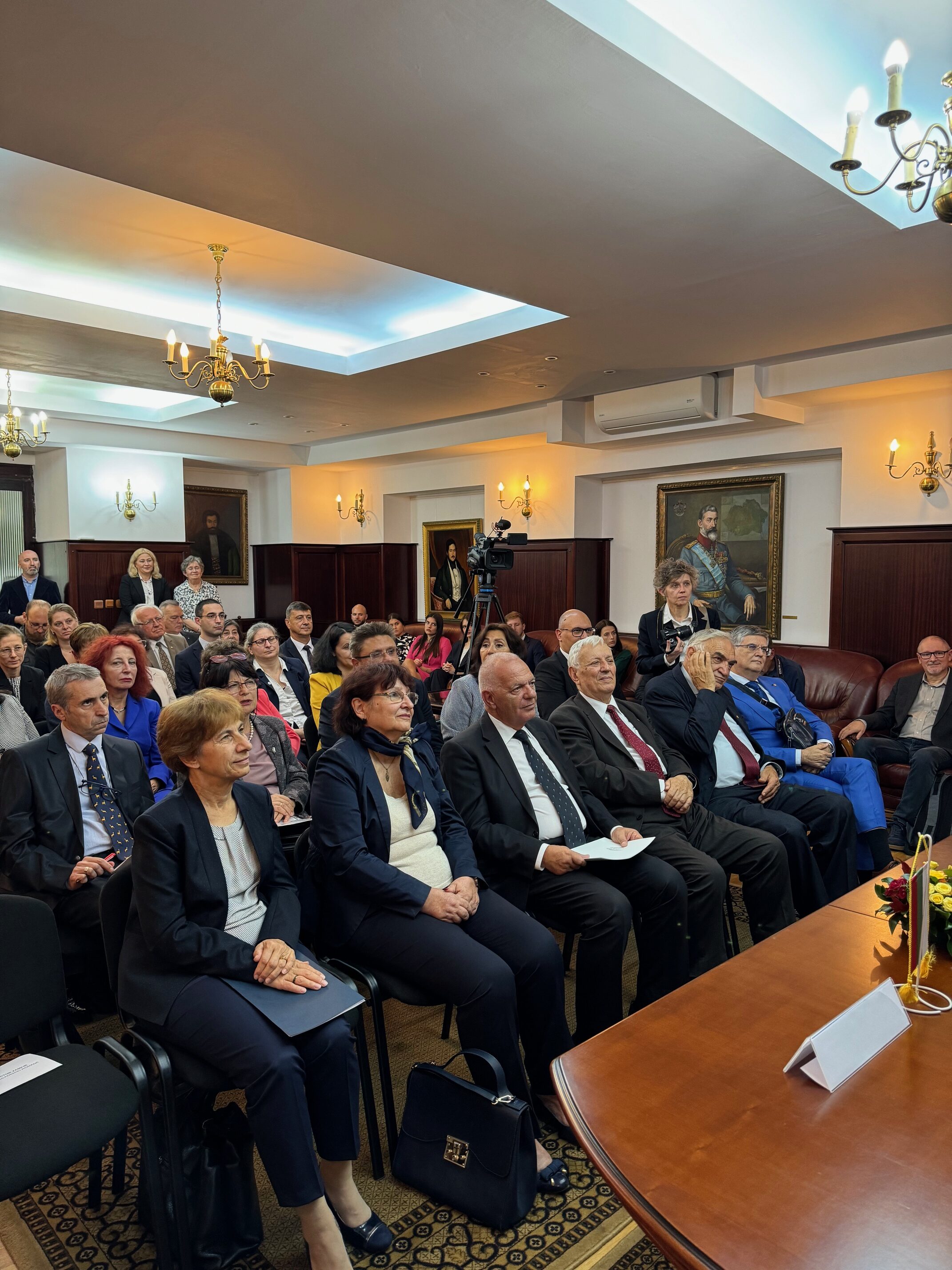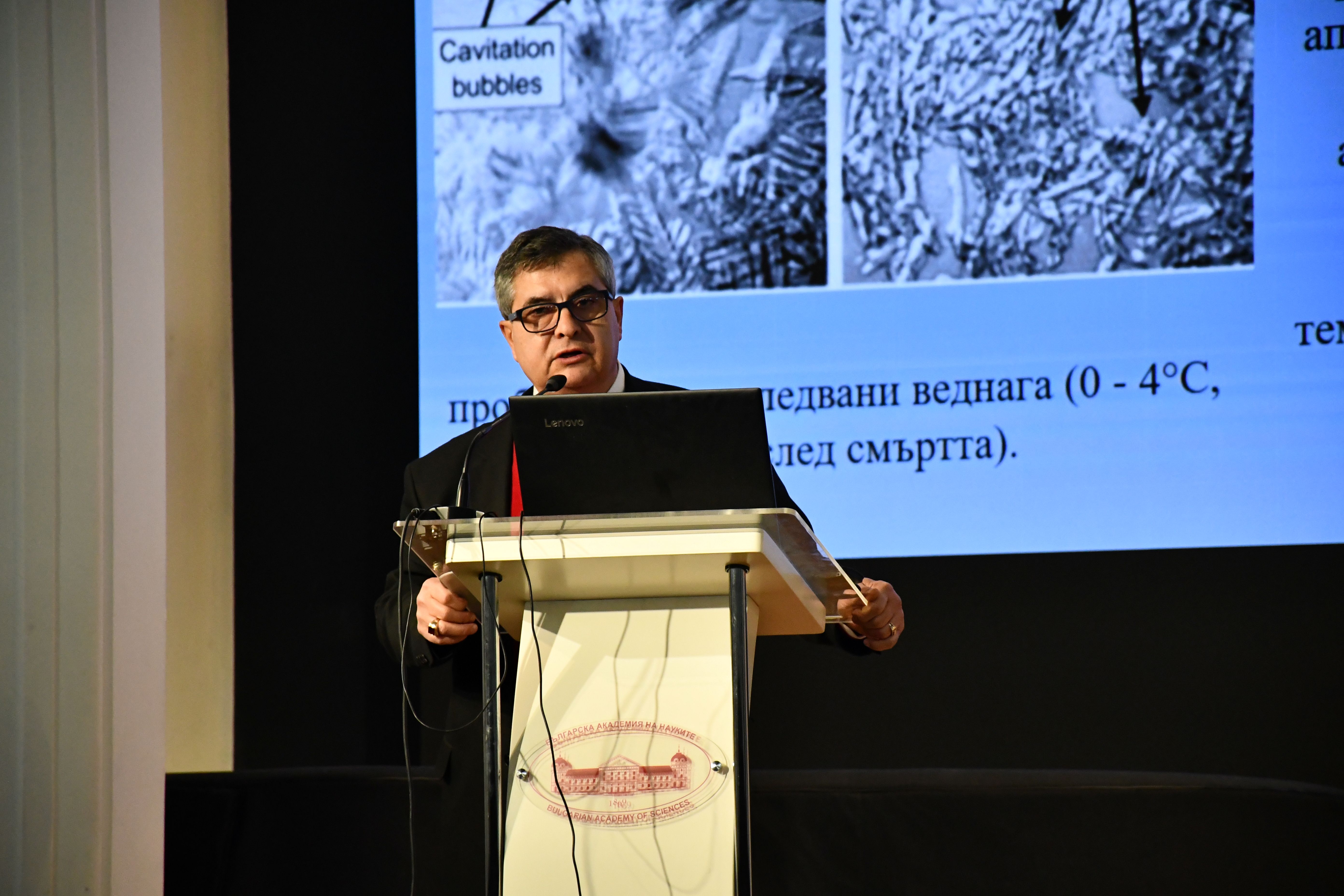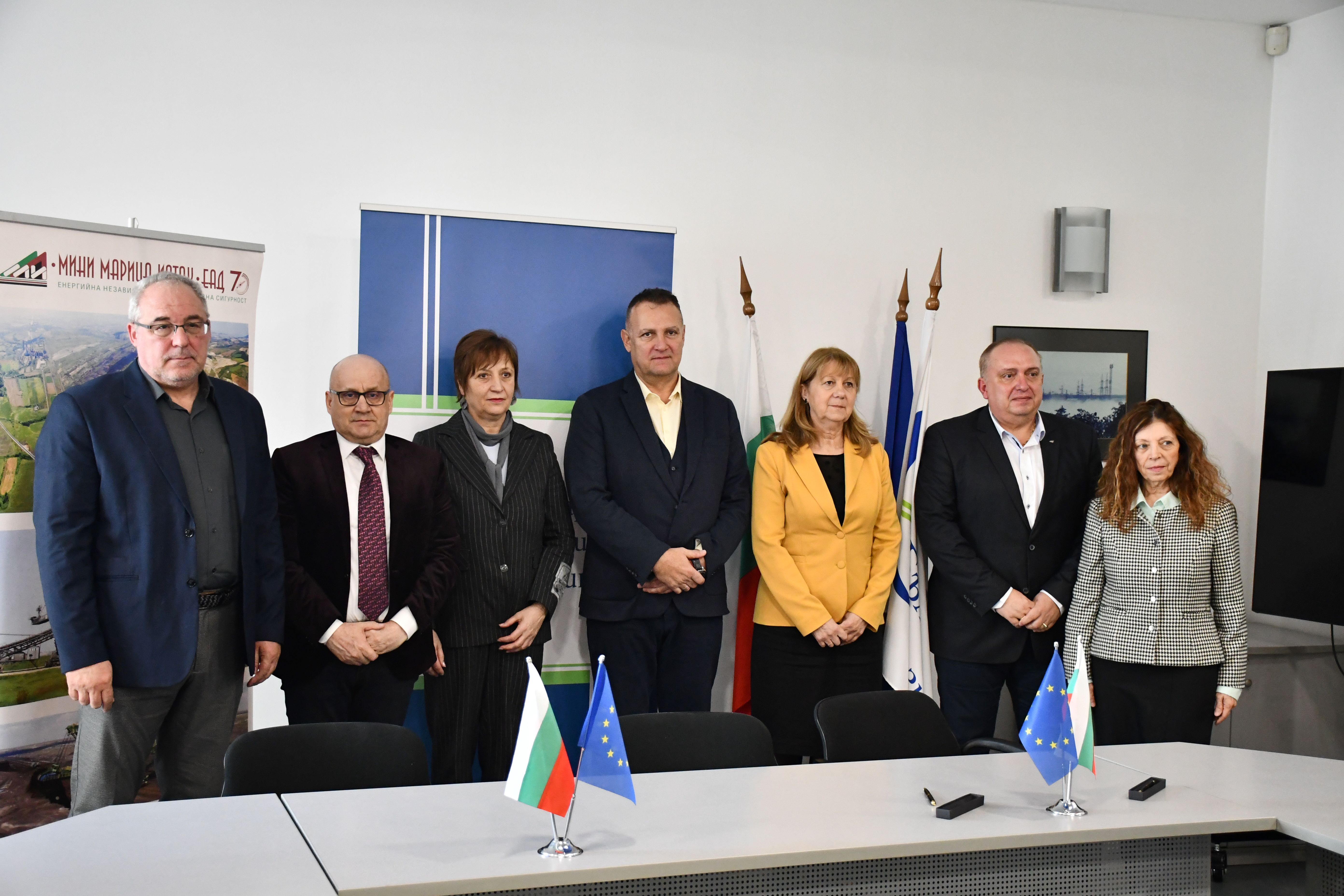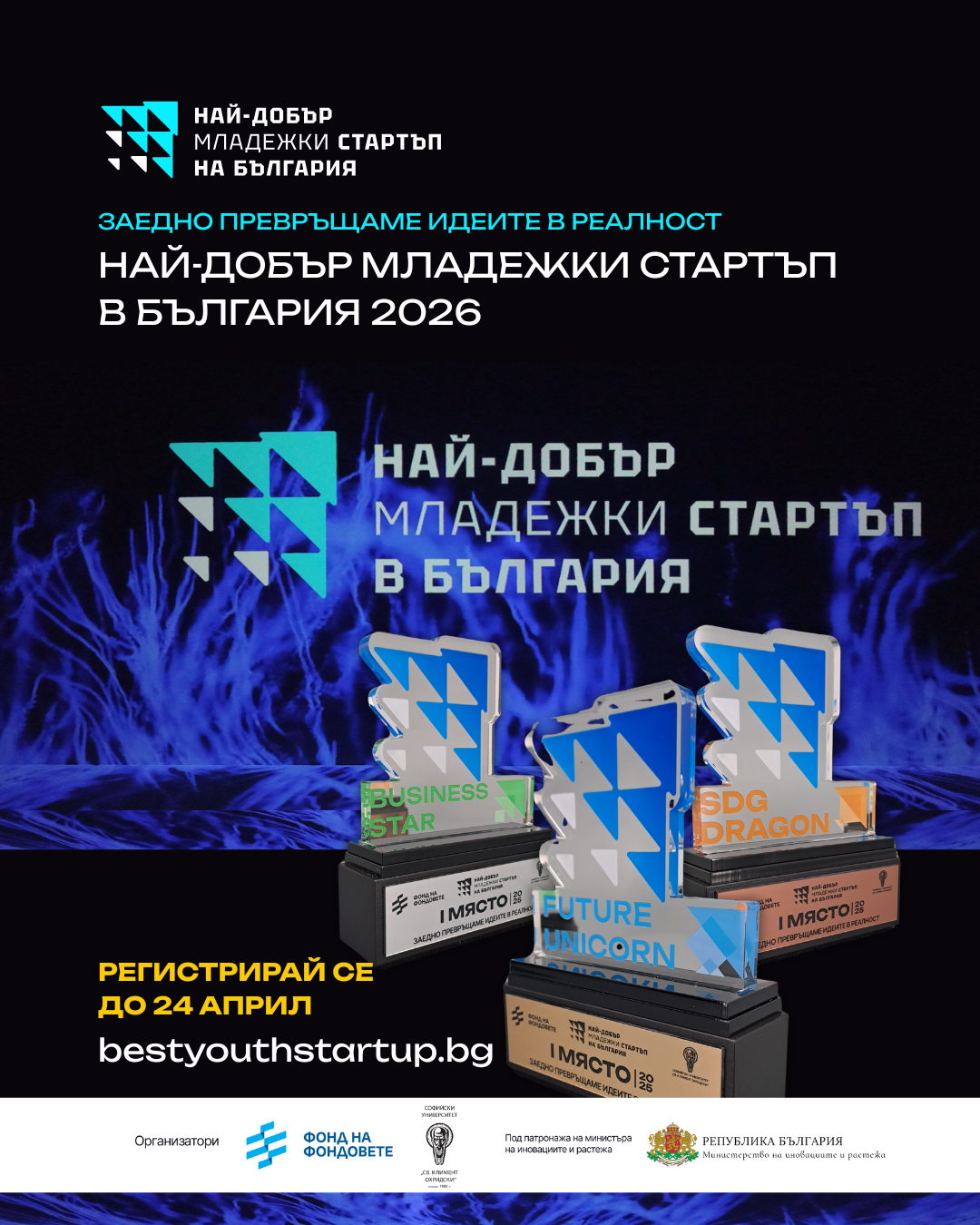A new Agreement on Scientific Cooperation between the Bulgarian Academy of Sciences (BAS) and the Romanian Academy (RA) was signed on 17 September in Bucharest by the Presidents of the two Academies, Prof. Julian Revalski, Member of BAS, and Acad. Ioan-Aurel Pop.
With this act the two-day official visit of a delegation from BAS dedicated to the 155th anniversary of the establishment of the Bulgarian Learned Society (today BAS), started.
The document, signed at the Club of Academicians of the Romanian Academy, provides for the continuation of cooperation in various fields of scientific and academic research such as history, chemistry, medicine, nuclear physics, ethnography and folklore, linguistics.
The first agreements on scientific cooperation between BAS and RA were signed in the 1950s and 1960s. They were an integral part of the Agreements on Cooperation in Education, Science and Culture between Bulgaria and Romania.
In 1999, appreciating the importance of international cooperation and exchange in the field of science and research, in the spirit of understanding and friendly cooperation and with the aim of further developing and deepening bilateral cooperation, the Bulgarian Academy of Sciences and the Romanian Academy concluded an Agreement on Scientific Cooperation which was open-ended. The Parties agreed on an annual equivalent exchange of scientists on agreed joint research projects.
Over the last two decades, the cooperation between the two Academies has successfully developed and expanded. Scientific work within the framework of the Agreement is carried out in institutes, laboratories, libraries, especially active in the field of physics, chemistry and humanities (Romanian archives and libraries are real treasure troves for Bulgarian researchers of the Middle Ages and the National Revival).
“There is a lot of symbolism and similarities between the Bulgarian Academy of Sciences and the Romanian Academy. This is not just a renewal of the agreement between our Academies but a new beginning. Of all similar institutions, we have the most common projects namely with the Romanian Academy”, said Prof. Julian Revalski.
“Both Academies were founded as learned and literary societies. Both were founded in Romania. The entire career of one of the first Bulgarian enlighteners who gave the beginning to education in Bulgaria during the National Revival – Petar Beron, also passed through and was tied to Romania,” the President of BAS added.
For his part, in his welcoming address Acad. Ioan-Aurel Pop pointed out “We share a common history and destiny. Just as BAS owes a lot to the Romanian side, the Romanians also owe a lot to the Bulgarians in their culture because for centuries – until the end of the 1860s – the Romanians used the Cyrillic alphabet.” Acad. Ioan-Aurel Pop said that he was proud that the history of BAS was linked to our northern neighbour and the two academies cooperated very successfully, including with research in various fields.
After the official signing of the Agreement, the Secretary–General of BAS Prof. Neli Koseva presented a brief overview of the scientific and project cooperation between the Bulgarian Academy of Sciences and the Romanian Academy.
The researchers from the Institute for Historical Studies of BAS Sen. Asst. Prof. Dr. Dimitar Hristov and Prof. Iliyana Marcheva presented to the guests short lectures “Bulgarian Academy of Sciences – Idea and Realization 1824-1944” and “Bulgarian Academy of Sciences (1944-2024) – Continuity in Change”.
“I see symbolism that the signing of this cooperation is today on the day of the St. martyrs Faith, Hope, Love and their mother Sophia. On 15 March 2023, President Rumen Radev of Bulgaria and President Klaus Iohannis of Romania signed a strategic partnership agreement between the two countries. The signing of the agreement on cooperation in the field of science between the two academies illustrates in the best way the strategic partnership between Bulgaria and Romania,” said H.E. Radko Vlaykov, Ambassador of the Republic of Bulgaria to Romania, who was among the official guests and described as strategic the relations between “these two neighboring and friendly countries”, thanking that his idea the event in Bucharest to be part of the initiatives for the celebration of the 155th anniversary of the Bulgarian Academy of Sciences was accepted.
The Presidents Prof. Revalski and Acad. Pop also exchanged protocol gifts with symbols of the two institutions and the two countries. Prof. Revalski, Member of BAS, presented his host with a replica of a vessel from the Thracian Treasure.
The ceremony was attended by the members of the official delegation of BAS Prof. Vassil Kirov, Chairman of the General Assembly of BAS, Corr. Memb. Evdokia Pasheva, Vice-President of BAS, the Scientific Secretaries Prof. Margarita Popova, Prof. Ergyul Tair, Prof. Denitsa Borisova, Assoc. Prof. Ina Aneva and Assoc. Prof. Elka Traykova, Corr. Memb. Evelina Slavcheva, the Director of the Scientific Archive of BAS Assoc. Prof. Rumyana Chukova, the Vice-presidents of the Romanian Academy Acad. Nicolae-Victor Zamfir and Acad. Mircea Dumitru, the Secretary General of RA Acad. Ioan Dumitrache, Mr. Kiril Valchev, Director General of BTA, as well as scientists, cultural and public figures from Bulgaria who were on an official visit to the Romanian Academy.
After the formal part of the meeting, Acad. Pop showed the Bulgarian delegation the building of the RA and the museum collection there and told important moments from the history of the Academy.
The event continued in the Glass Dome of the Library of the Romanian Academy with the opening by Prof. Julian Revalski and the Vice-President of RA Acad. Mircea Dumitru of the exhibition “Petar Beron. 200 years since the first edition of the Fish Primer”, a work printed in Brasov in 1824.
The 14 banners of the exhibition present the first edition of the Primer of Various Instructions (1824), known as “Abecedarul cu pesti” for the drawing on the cover which depicts a whale. A series of panels is dedicated to the author Petar Beron, a prominent scientist and educator of the Bulgarian National Revival era who understood that European education was necessary for the rapid and successful development of Bulgarian society.
The Romanian Academy is Romania’s most prestigious scientific and cultural institution. The RA carries out fundamental and advanced research in its 68 institutes and 3 regional branches in the cities of Iasi, Cluj-Napoca and Timisoara and maintains cooperation with similar academies and institutions from 30 countries worldwide. It includes 181 full and corresponding members and 135 honorary members (from Romania and abroad). The Academy has its own publishing house (http://www.ear.ro) and a rich library http:// biblacad.ro/














